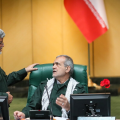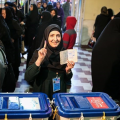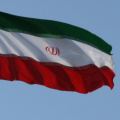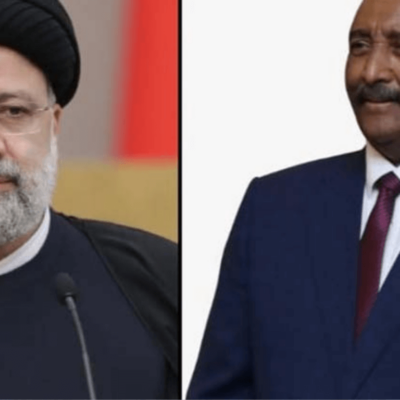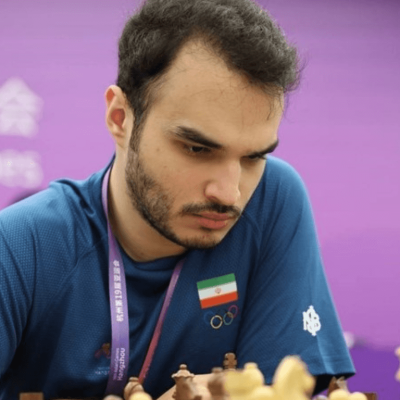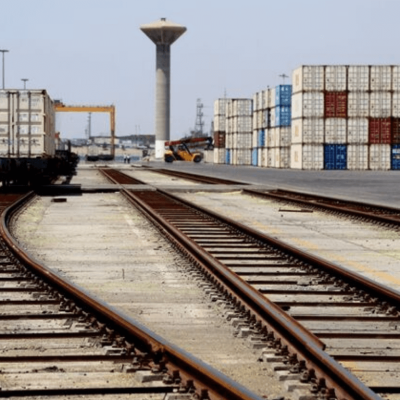How Iran’s Khamenei Propelled a Little-Known Moderate to the Presidency
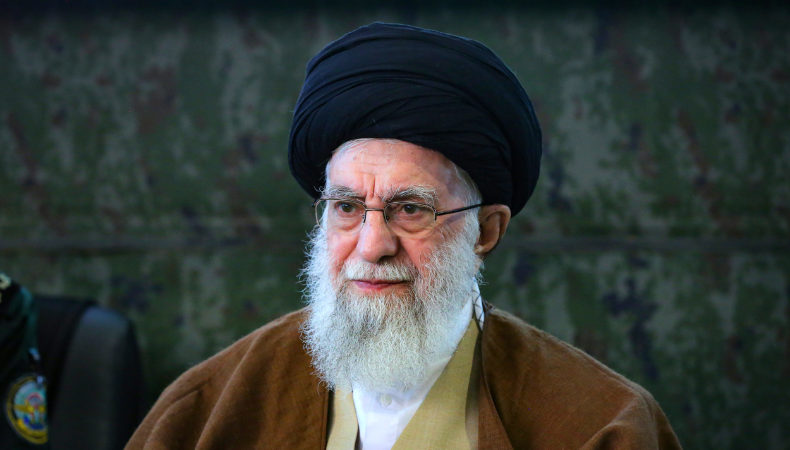
Unbelievably, the result of the most recent presidential contest was greatly shaped by Iran’s Supreme Leader Ayatollah Ali Khamenei. Though more seasoned candidates were favored, a rather unknown moderate won, suggesting a possible change in Iran’s political scene. The complexity of this election surprise and its wider consequences for Iran and the international community are explored in this paper.
The Unlikely Runner-up
Underdog entering the presidential contest was seasoned economist and former public administrator Dr. Hassan Rahmani. Before running for office, Rahmani was mostly known in bureaucratic and intellectual circles and had little national political clout. His appeal came from his pragmatic attitude to economic reform and his dedication to reduce Iran’s international isolation by diplomatic interaction instead of conflict.
Khamenei’s Thoughtful Action
Renowned for his conservative views and wary approach to political transformation, Ayatollah Khamenei deliberately endorsed Rahmani in a subdued manner. Khamenei’s past affiliations with more extreme elements among Iran’s political elite were broken by this support. Khamenei’s justification stemmed from a need to satisfy reformists pushing for more political openness while also preserving stability among continuous economic difficulties worsened by foreign sanctions.
The Path of Campaigning
Rahmani’s campaign focused on tackling Iran’s urgent socioeconomic problems—high unemployment, inflation, and rampant corruption among others. Emphasizing openness, efficiency, and the importance of drawing in foreign capital, his ideas for economic recovery Urban voters especially the young and middle class disillusioned by years of economic stagnation and limited possibilities connected strongly with this agenda.
Although powerful conservative factions inside Iran’s political system opposed Rahmani’s candidacy, Khamenei’s implicit support helped him to gather momentum. Rahmani’s vital edge from this support helps him to depict himself as a uniting person able to heal Iran’s political divisions.
The Election Results
Surprising both domestic and foreign observers, Rahmani won a tightly contested election by a small margin. His election marks a change from the combative diplomacy and ideological rigidity connected with past governments. While supporters contend that Rahmani’s pragmatic approach provides a workable road forward for Iran within complicated regional dynamics and increased global scrutiny, others point out his alleged lack of charismatic leadership compared to his predecessors.
Consequences and Future Difficulties
Rahmani has a difficult set of obstacles when he starts office. Domestically, he has to negotiate the expectations of several political groupings while keeping on his pledges of anti-corruption policies and economic change. Globally, Rahmani’s president will be under great observation for how it affects Iran’s nuclear negotiations, regional stability, and ties to Western nations.
Keep on Reading
Strategic move by Ayatollah Khamenei to forward a moderate candidate to the presidency shows a deliberate attempt to maintain political stability of Iran by gently supporting little changes. The success of Rahmani’s president will depend not only on his capability to negotiate Iran’s exterior ties among continuous geopolitical conflicts but also on his capacity to negotiate Iran’s complicated internal dynamics.
Shaped substantially by Ayatollah Khamenei’s support of Dr. Hassan Rahmani, Iran’s most recent presidential contest represents a turning point in the nation’s political history. The result emphasizes Iran’s changing political scene and the possibility for slow transformation inside its current Islamic framework. The consequences for regional stability and international diplomacy remain significant as the world observes Rahmani’s presidency develop, underscoring the careful balance Iran’s domestic and foreign policies allow between continuity and change.

